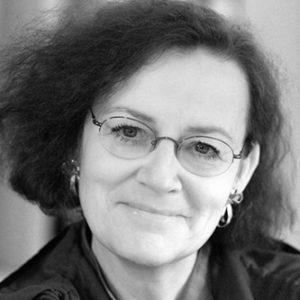ELSC Heller Lecture Series
Home » Heller Lecture Series » Hereditary Hearing Impairment in Humans: From The Underlying Deficits To Emerging Gene Therapies
Heller Lecture Series in Computational Neuroscience
Prof. Christine Petit
Pasteur Institute

On the topic of:
Hereditary Hearing Impairment in Humans: From The Underlying Deficits To Emerging Gene Therapies
Abstract:
The success of the efforts made over the last twenty-five years to identify the causal genes responsible for sensorineural deafness is undeniable. As a result, the molecular diagnosis of hearing impairment has been developed almost worldwide. We have also made considerable progress towards translating this success into an understanding of the defective mechanisms in each form of deafness, through interdisciplinary analyses of the corresponding mouse models. This work has led to these genetic forms being clustered on the basis of their pathogenic mechanisms, all of which involve an impairment of the development or functioning of the auditory sensory organ or its innervation.
Building on these advances in genetics and inner ear pathobiology, gene therapy for the inner ear is now being developed, and proof-of-principle for this exciting approach has already been obtained in animal models. Patients, doctors and industrial partners have all expressed a clear interest in the transfer of these advances into clinical practice, and scientists have shown a strong commitment to this approach. In this talk, I will review the major progress made and illustrate the diversity of gene therapy options available.
However, if we are to extend therapeutic approaches, we will have to face other challenges in the future: the genes associated with a risk of age-related sensorineural hearing loss (presbycusis) and noise-induced hearing loss remain to be identified. Moreover, particular attention will need to be paid to recently discovered intrinsic deficits of the auditory cortex in early-onset forms of hereditary deafness previously thought to be exclusively due to auditory sensory organ abnormalities, for the development of appropriate auditory rehabilitation.
This Heller lecture is available to watch online HERE
When
Where
